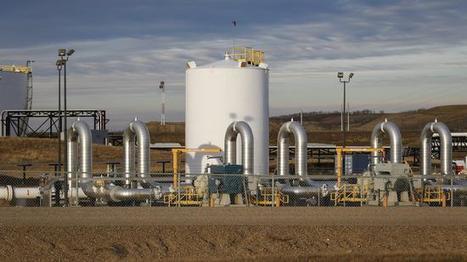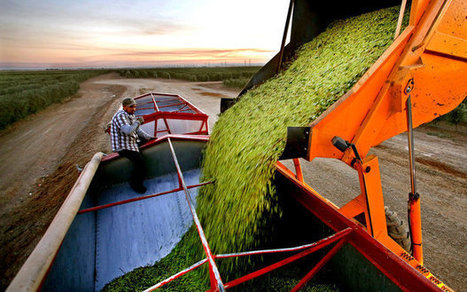It's not your imagination. Energy experts say it's common for gas prices to rise quickly when oil markets are disrupted and then take their sweet time returning to normal.
Research and publish the best content.
Get Started for FREE
Sign up with Facebook Sign up with X
I don't have a Facebook or a X account
Already have an account: Login
How might we keep the lights on, water flowing, and natural world vaguely intact? It starts with grabbing innovative ideas/examples to help kick down our limits and inspire a more sustainable world. We implement with rigorous science backed by hard data.
Curated by
PIRatE Lab
 Your new post is loading... Your new post is loading...
 Your new post is loading... Your new post is loading...

Garry Rogers's curator insight,
February 12, 2016 12:08 PM
Instead of drastic cuts in CO2 emissions, BP predicts global emissions fall less than 3% by 2035. |
|























